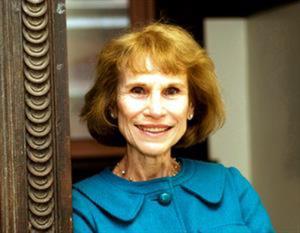Klingenstein’s Pearl Kane: Affordability of Private Schools is a “Huge Concern”

“Some families want the individualized instruction, small class size and academic rigor that many private schools provide,” Kane says. Others choose schools for religious instruction. In fact, most private schools are religious, and they cost much less than elite, independent schools with stratospheric tuitions. The national average tuition for private and independent schools, including religious schools, is in the low $20,000 range, while the cost of elite independent schools in high-cost, urban locations can be more than twice that.
Still, affordability is a “huge concern,” Kane says, and the high cost of elite, independent schools is sending some children to public schools. On the other hand, lower-cost private and religious schools are gaining enrollment. Overall, enrollment in private and independent schools, including religious schools has remained steady for years at 10- to 11 percent.
Parents choose private and independent schools, if they can afford them, not so much for the social status they confer. “If there is any elitism, it’s tied to the quality of the academic program,” Kane says. And racial, ethnic and socioeconomic diversity is an asset. Parents “realize that for their children to get ahead in the world, the more diverse the school, the better they are prepared to be leaders of society.”
To listen to the entire segment, click here.
Published Friday, Oct 13, 2017